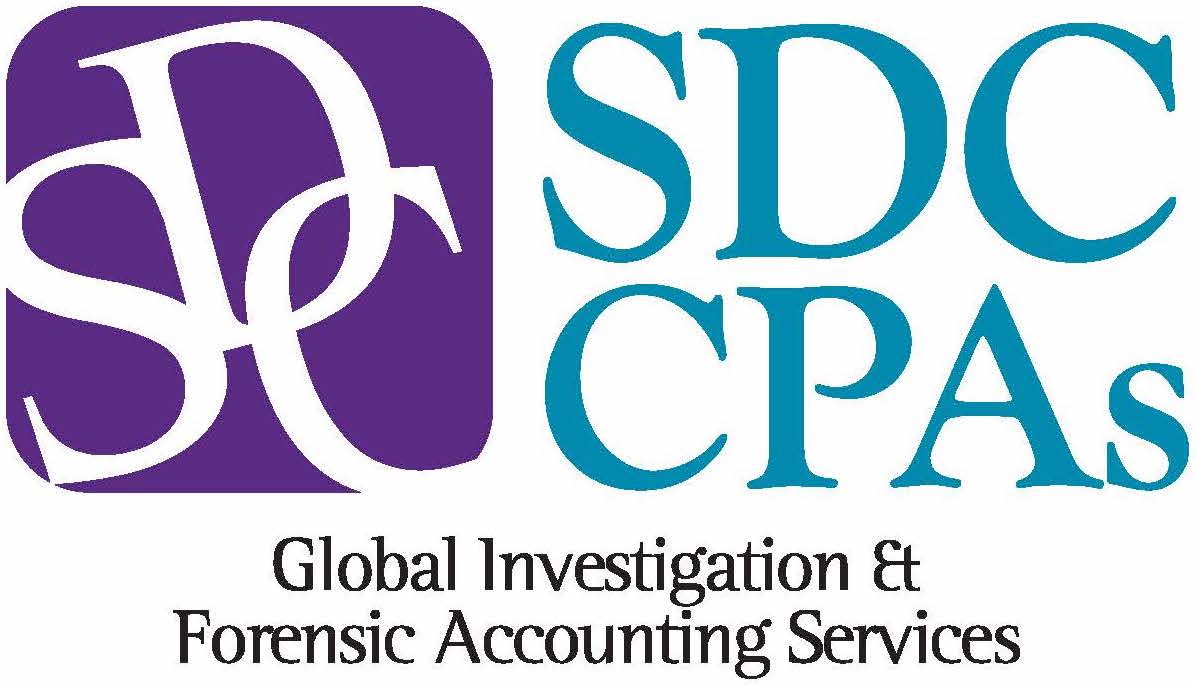Our men and women in uniform see hardships in areas of their life including family, finances, and service. Identity theft shouldn’t be one of them, but identity theft took a heavy toll on military personnel, veterans, and their families in 2021. Fraud levels rose to unprecedented levels, $267 million in losses to a variety of financial scams in 2021, according to the Federal Trade Commission with identity theft coming in a close second. Fraud losses within the military community were up by $102 million and a 162 percent increase from 2020.
Why is the military community plagued with fraudulent activity and identity theft?
Fraudsters likely target the military community in part because military families relocate frequently. Their personal information is widely disbursed over a shorter period of time. Factors attributed to this disbursement of personal information include new house rental agreements, changes to financial institution documents, daycare/school paperwork, change in internet and cell phone providers, doctor’s office paperwork, and many more services required to be changed with a military move. These factors create a higher probability that their information will make it into the wrong hands.
What can you do to protect your information?
- Report unauthorized transactions immediately. This includes lost or stolen debit/credit cards.
- Do not give out authentication information if you are not the one to initiate contact.
- During times of transition to a new duty location, consider placing a fraud alert or credit freeze if you suspect identity theft.
- Because a military members negative financial situation can impact their security clearance, service members have access to personal financial managers. These financial managers can help military members navigate finances and assist in safeguarding their money, financial, and account information.
- Check your credit reports. In October of 2019 the Federal Trade Commission implemented a new rule, in accordance with a 2018 law, that provides free electronic credit monitoring services to active duty service members and National Guard members provided by the nationwide credit reporting agencies: Equifax, Experian, and TransUnion.
Military personnel are more likely to be a target for fraud, but according to the Federal Trade Commission they are also more likely to report unauthorized account access and transaction immediately. This quick response to fraud helps lessen the impact and allow financial institutions to prevent any further fraud. Being more proactive and better safeguarding their personal information, they can close the window on the potential of fraud attempts before they happen.


